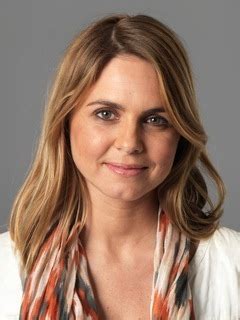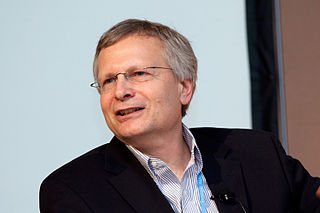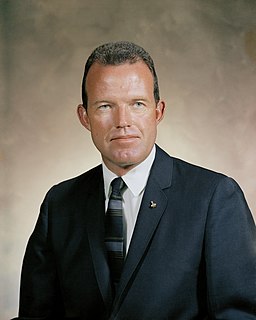A Quote by Lawrence Summers
It says something about this new global economy that USA Today now reports every morning on the day's events in Asian markets.
Related Quotes
There's whole television stations, magazines, organizations devoted to analyzing every up-and-down twist and turn, IPO, everything that happens in the formal economy. And yet the informal economy, these black and gray markets, actually make up for almost half of the global economy. And there's so little information that we have about them.
Today it's fashionable to talk about the New Economy, or the Information Economy, or the Knowledge Economy. But when I think about the imperatives of this market, I view today's economy as the Value Economy. Adding value has become more than just a sound business principle; it is both the common denominator and the competitive edge.
Unlike national markets, which tend to be supported by domestic regulatory and political institutions, global markets are only 'weakly embedded'. There is no global lender of last resort, no global safety net, and of course, no global democracy. In other words, global markets suffer from weak governance, and are therefore prone to instability, inefficiency, and weak popular legitimacy.
In Germany it is good if as many people as possible join initiatives and peaceful demonstrations against the rule of the financial markets. Worshipping the unfettered freedom of global markets has brought the world to the brink of ruin. We now need social and ecological rules for the market economy.
The trouble with dead people often begins with something called the Death Master File, which is kept by the Social Security Administration. Every day, new reports are added, provided by relatives, funeral homes, and the state agencies that issue official death certificates. The list contains 90 million reports.
[Constant curiousity leads to happiness:] I wake up curious every day and every day I'm surprised by something. And if I can just recognize that surprise every day and say, 'Oh, that's a new thing, that's a new gift that I got today that I didn't even know about yesterday,' it keeps me going. It keeps me more than going. It keeps me enthusiastic and grateful!
When I was in government, the South African economy was growing at 4.5% - 5%. But then came the global financial crisis of 2008/2009, and so the global economy shrunk. That hit South Africa very hard, because then the export markets shrunk, and that includes China, which has become one of the main trade partners with South Africa. Also, the slowdown in the Chinese economy affected South Africa. The result was that during that whole period, South Africa lost something like a million jobs because of external factors.
Here's good news: George W. Bush says that he is committed to fighting global warming. Yeah, well, he nipped that in the bud, didn't he? ... President Bush says he's really going to buckle down now and fight global warming. As a matter of fact, he announced today he's sending 20,000 troops to the sun




































